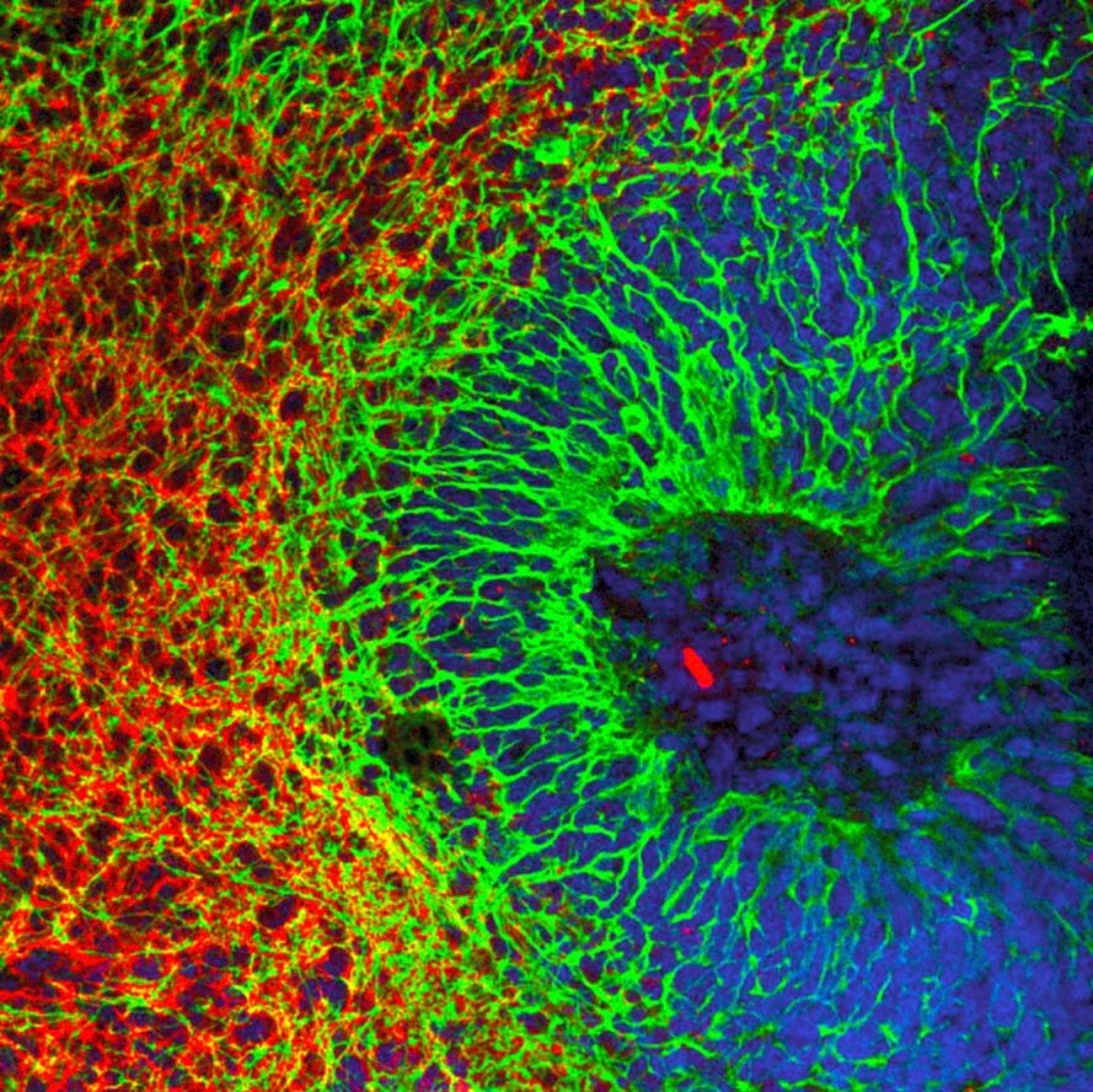University of Coimbra gets 1.2 million euros to study autism
The main goal of the three-year research project is to understand which brain cells play a key role in autism and, in particular, how mutations in the SHANK3 gene affect normal function in the pathophysiology of this disorder.
Translation by Diana Taborda
An international Consortium led by scientists of the University of Coimbra (UC) has just been granted 1.2 million euros by ERA-Net NEURON to study autism.
The 3-year project “Astrocytes dysfunctions in Phelan-McDermid syndrome: from mechanisms towards new therapeutic strategies (SHANKAstro)” is led by João Peça, professor at the Faculty of Sciences and Technology of the University of Coimbra (FCTUC) and researcher of the Centre for Neurosciences and Cell Biology (CNC), with the participation of scientists from Germany, Belgium, Italy and Switzerland.
The main goal of the three-year research project is to understand which brain cells play a key role in autism and, in particular, how mutations in the SHANK3 gene affect normal function in the pathophysiology of this disorder.
João Peça explains that mutations in the SHANK3 gene “are one of the most common causes diagnosed in autism. However, and surprisingly, little do we know about the inherent consequences of mutations in this gene. Since its original discovery, mutations in SHANK3 have been most commonly studied in neurons".
However, he adds, “Recent evidence suggests that astrocytes, somewhat neglected brain cells, may also play a key role in the development of autism. Astrocytes provide critical metabolic and trophic support to neurons and have recently been identified as key players in the formation and maturation of neural circuits. Therefore, astrocyte dysfunction resulting from the mutation in the SHANK3 gene may lead to problems in neural circuit formation and maturation, ultimately resulting in behavioural and cognitive abnormalities".
In this study, which brings together experts in the SHANK3 gene and astrocyte biology, we will use state-of-the-art models, including genetically modified mouse models and human cerebral organoids, which can accurately mimic human cell physiology.
If scientists can unravel the impact of mutations in the SHANK3 gene on autism, it will be possible to "discover and develop successful therapies for neurodevelopmental disorders".", concludes João Peça.
ERA-NET NEURON is a European funding network for Neuroscience research focused on brain diseases and nervous system disorders.

